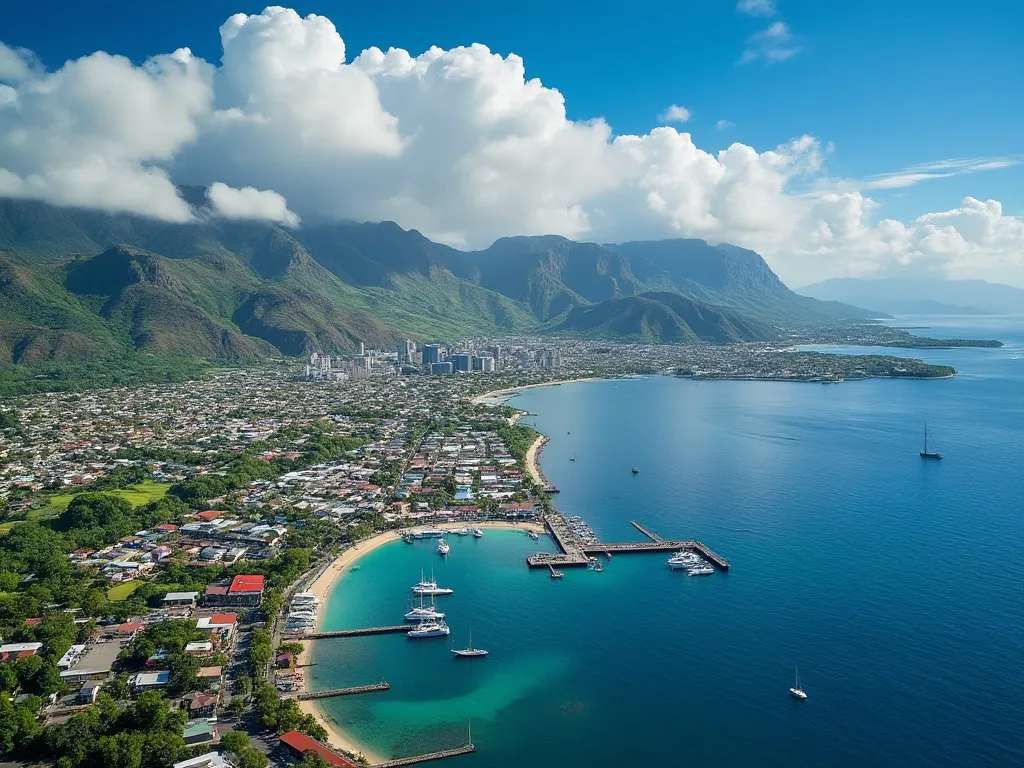
Papeete is the capital city of French Polynesia, an overseas collectivity of France in the Pacific Ocean. Located on the northwest coast of the island of Tahiti, Papeete is the largest city in French Polynesia and serves as the country's administrative, economic, and cultural center.
Papeete Information
| Country | 🇵🇫 French Polynesia |
| Population | approximately 26,926 (2020 estimate) |
| Coordinates | 17°32′S 149°34′W |
| Area | 17.4 km² (6.7 sq mi) |
| Climate | Tropical savanna climate |
| Language | French, Tahitian |
| Currency | CFP Franc (XPF) |
| Time zone | UTC-10 |
| Proximity to other major cities | approximately 4,700 km (2,920 mi) southwest of Honolulu, Hawaii |
Historical Background of Papeete
Papeete has a rich and diverse history, with evidence of human habitation dating back to around 900 AD. The city was an important center for the ancient Tahitian kingdom, and it was here that European explorers, including Captain James Cook, first made contact with the indigenous population. In 1842, Papeete became the capital of French Polynesia, and it has remained so to this day.
Geographical Location of Papeete
Papeete is situated on the northwest coast of Tahiti, the largest island in French Polynesia. The city is nestled in a picturesque bay, surrounded by lush green mountains and coral reefs. The harbor is an important hub for maritime trade and tourism, and the city's proximity to the airport makes it an ideal base for exploring the rest of the island.
Cultural Significance of Papeete
Papeete is a city that seamlessly blends traditional Polynesian culture with modern French influences. The city is home to a number of important cultural institutions, including the Musée de Tahiti et des Îles, which showcases the history and art of French Polynesia. The city also hosts a number of festivals and events throughout the year, including the Heiva i Tahiti festival, which celebrates traditional Polynesian dance and music.
Economic Importance of Papeete
Papeete is the economic hub of French Polynesia, with a number of important industries, including tourism, fishing, and pearl farming. The city is also an important center for trade and commerce, with a number of major shipping companies operating from the port. The city's economy is closely tied to that of France, and it is heavily dependent on imports and exports.
Interesting Facts About Papeete
- Papeete is home to the world's only pearl museum, the Musée de la Perle.
- The city has a number of historic landmarks, including the 19th-century Catholic cathedral, Cathédrale de Notre-Dame de Papeete.
- Papeete is a popular destination for cruise ships, with a number of major cruise lines visiting the city each year.
- The city hosts a number of markets, including the bustling Papeete Market, which sells a range of local handicrafts and souvenirs.
Tourist Attractions in Papeete
- The Musée de Tahiti et des Îles: a museum showcasing the history and art of French Polynesia.
- The Papeete Market: a bustling marketplace selling local handicrafts and souvenirs.
- The Cathédrale de Notre-Dame de Papeete: a historic Catholic cathedral.
- The Pearl Museum: a museum dedicated to the history and production of pearls.
Conclusion on Papeete
Papeete is a city that offers a unique blend of traditional Polynesian culture and modern French influences. With its rich history, stunning natural beauty, and vibrant cultural scene, Papeete is a must-visit destination for anyone interested in exploring the Pacific Islands.
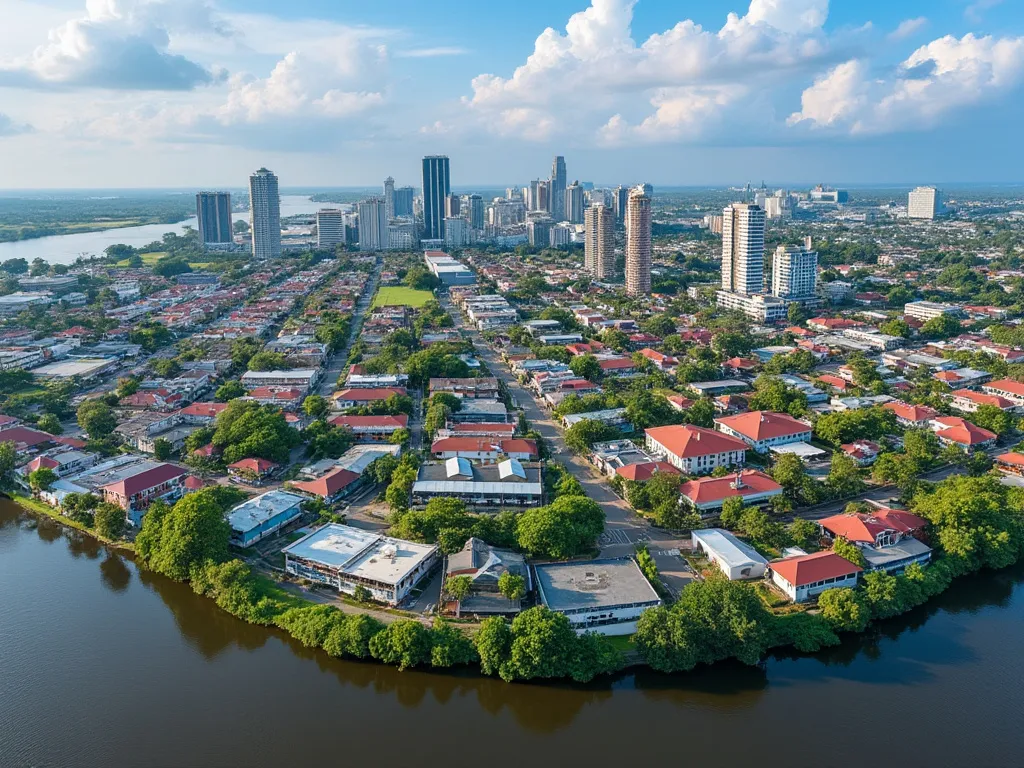 Paramaribo
Paramaribo
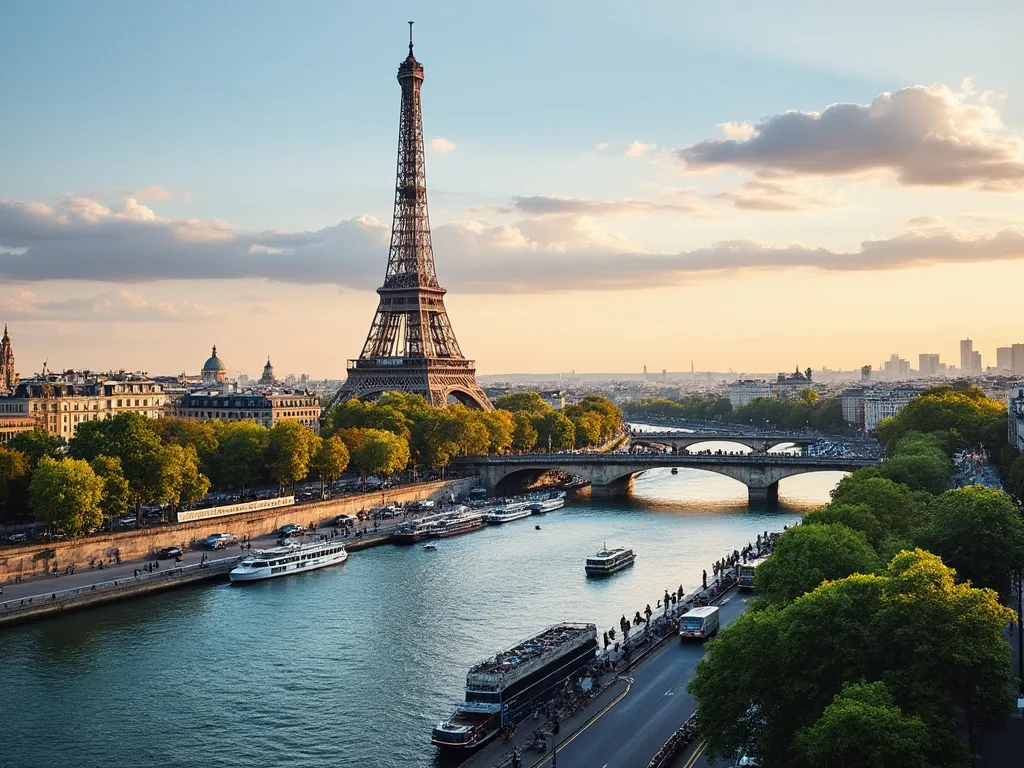 Paris
Paris
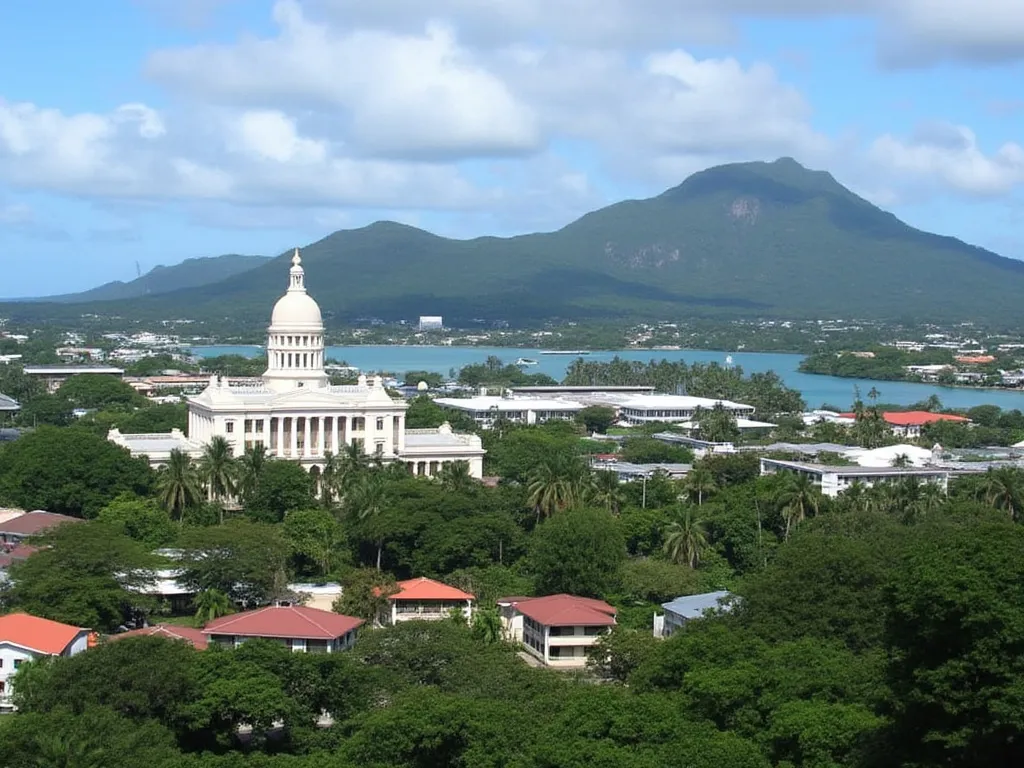 Palikir
Palikir
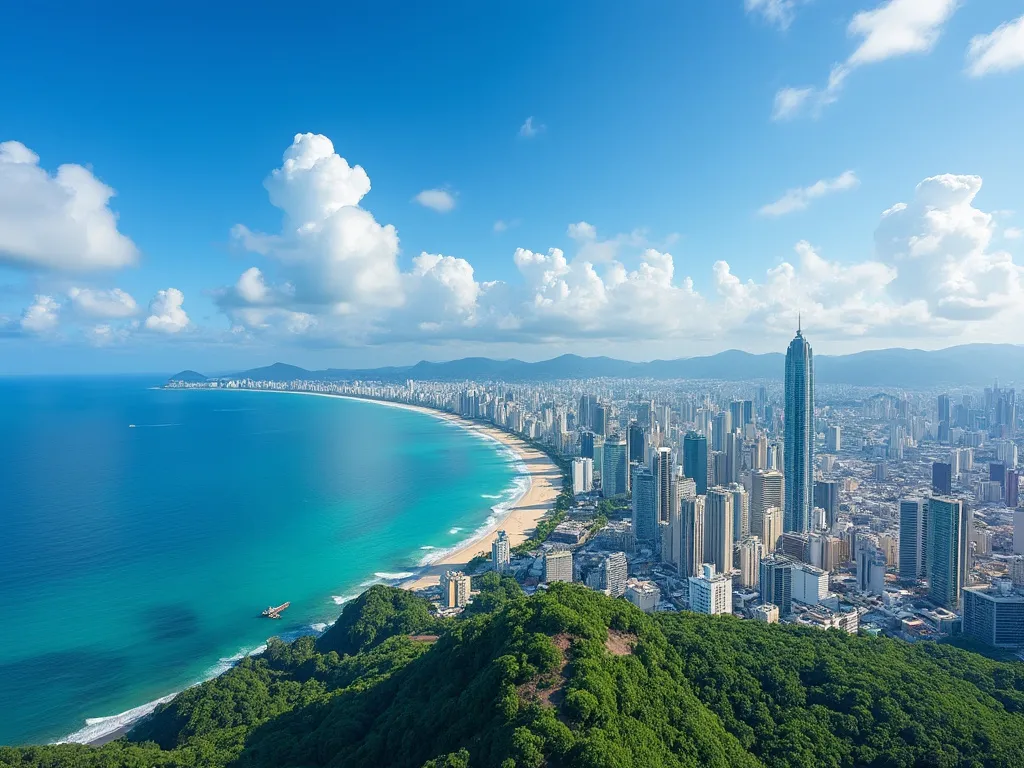 Panama City
Panama City